130,000 Accessions of 11 Crops Conserved

The ICRISAT genebank houses a diverse collection of accessions from 144 countries.
1,281 Varieties Released Across 81 Countries to Date

ICRISAT's Improved Crops and Germplasm are Widely Shared with Global Partners.
1.565 Million Seed Samples sent to Researchers in 150 Countries

The ICRISAT Genebank has Supplied Accessions, Core Collections, and Mini-Core Collections for Research Worldwide.
The High Iron and Zinc Variety ‘Parbhani Shakti’ was Released in India, to Address Severe Malnutrition
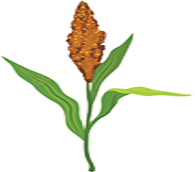
The Forage Sorghum Hybrid CSH 24 MF, Developed Using ICRISAT Breeding Material, was Named a 'Landmark Forage Hybrid' in India.
‘Chakti,’ a High Iron and Zinc Pearl Millet Variety, was Released in Niger to Combat Malnutrition.
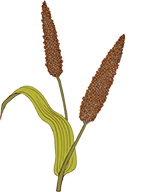
The First Iron-Biofortified Variety, ‘Dhanashakti,’ was Released in India.
The Machine-Harvestable Chickpea Variety 'NBEG 47' was Developed to Reduce Farm Drudgery.
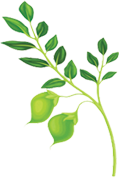
The Heat-Tolerant and High-Yielding Variety ICCV 92944 was Released in India (JG 14), Myanmar (Yazin 6), Kenya (Chania Desi 2), and Bangladesh (BARI Chola-10).
• The High Iron Variety 'NAROMIL 3' was Released in Uganda.
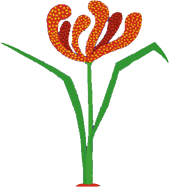
The Easy-Harvest Variety 'EUF 05', also known as 'Snapping Finger Millet,' was Released in Kenya.
The World’s First Fusarium Wilt-Resistant Variety, ‘Maruti’ (ICP 8863), was Developed.
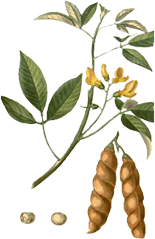
The World's First Commercial Cytoplasmic Male Sterility Hybrid, 'ICPH 2671', was also Developed.
The First High Oleic Acid Varieties, ‘Girnar 4’ and ‘Girnar 5’ were Released in India.
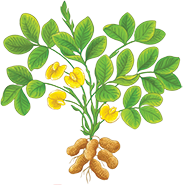
Developed Better Varieties, Including 33 Resistant to Foliar Fungal Diseases, 4 Resistant to Groundnut Rosette Disease, 20 Drought-Tolerant Varieties, 3 Confectionery Varieties, and 5 Early-Maturing Varieties.
Established 60 learning sites for natural resources management across India and Africa, providing knowledge transfer and hands-on training for smallholder farmers.

Transformed over 100,000 hectares of degraded lands, benefiting 500,000 households by improving soil quality.
In Bundelkhand, India, ICRISAT's efforts increased groundwater availability
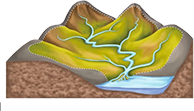
Increased cropping intensity from 110% to 180%, boosted productivity by 20% to 60% and increased farmers' incomes by 40% to 140%.
The Plantix app, a digital tool, has helped 50 million users diagnose pests and diseases.
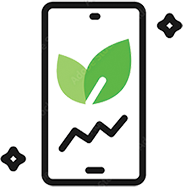
Plantix detects pests, diseases, and nutrient deficiencies in 35 crops, leading to a 20-40% reduction in crop damage.
3,018 unique users from 45 countries have accessed household panel data.

Household panel data, an International Public Good (IPG), supports and informs research, policies, and development in drylands, aiding over 100 Ph.D. researchers globally and contributing to more than 200 high-impact articles with over 30,000 citations.
*Additional impact data will be progressively uploaded to this dashboard.